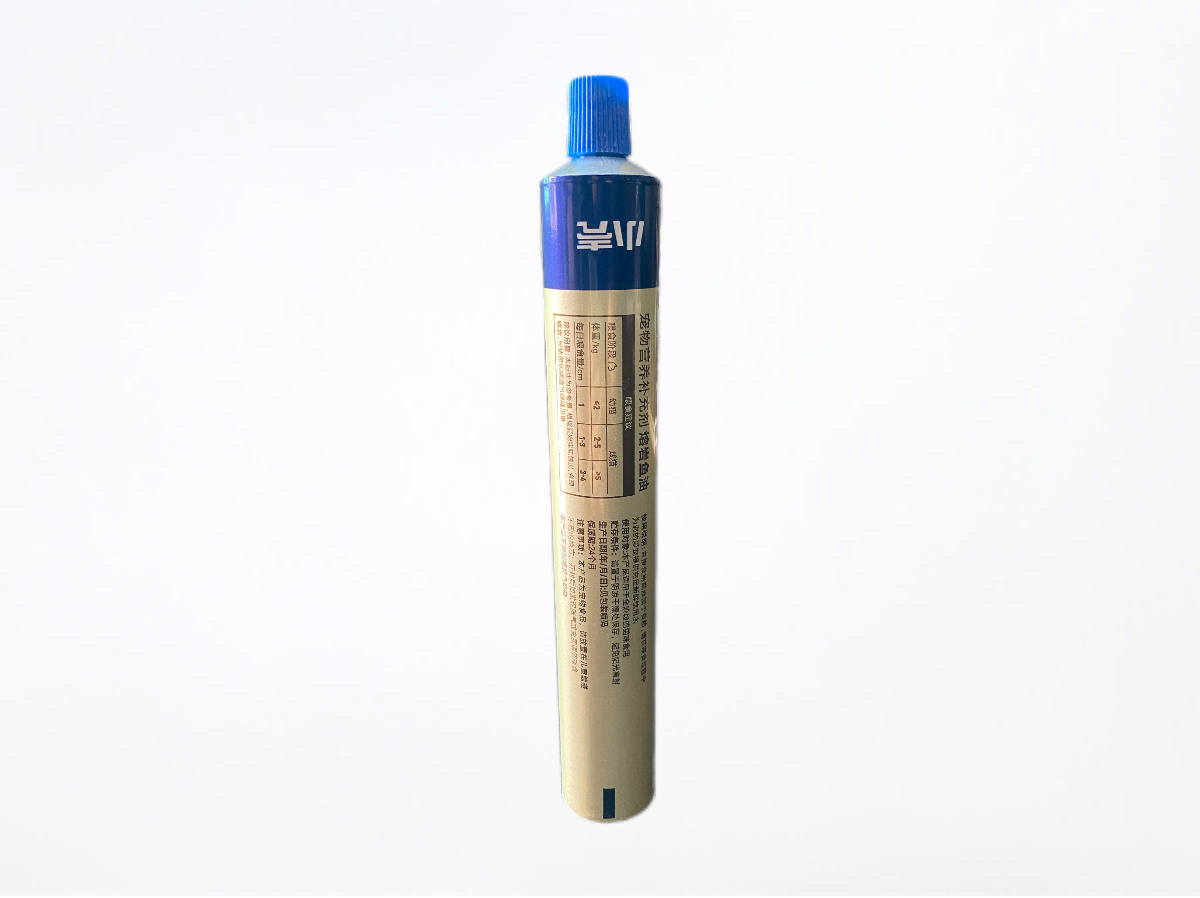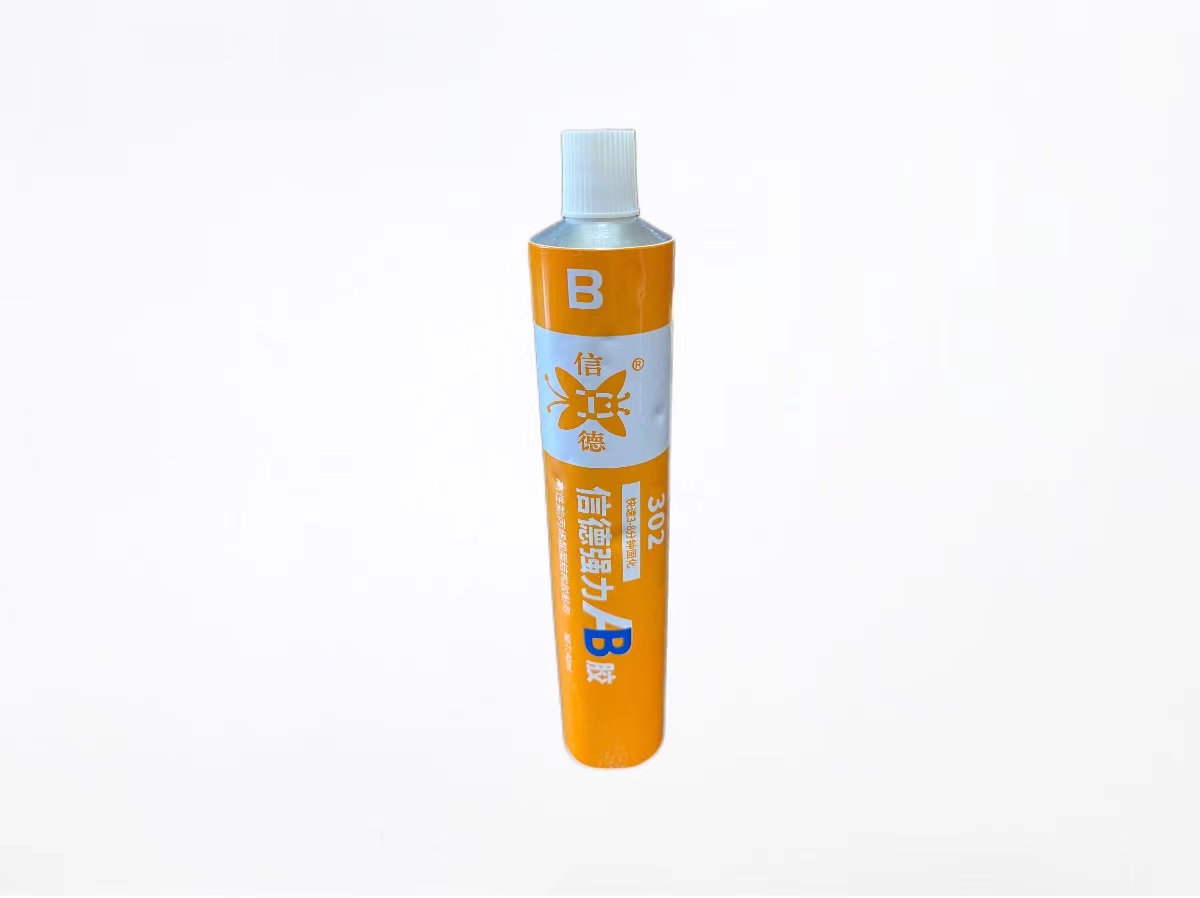Effective Pet Food Management: Ensuring Quality and Safety for Your Furry Friends
Release time:
Jul 04,2025
Pet food management is a vital aspect of caring for our beloved pets, ensuring they receive the best nutrition while keeping their food safe and fresh. One of the primary concerns in pet food management is proper storage. Pet food, be it dry kibble or wet canned food, requires specific conditions to maintain its quality. For instance, dry food should be stored in a cool, dry place, away from direct sunlight and moisture. It’s crucial to keep the food in its original packaging, as this usually contains essential information about the product and serves as a barrier against contaminants.
Labeling is another critical element of pet food management. Clear and accurate labeling helps pet owners understand the nutritional content of the food they are providing. It’s important to check for guidelines on storage after opening, expiration dates, and feeding recommendations. Proper labeling not only aids in pet health management but also minimizes the chances of spoilage.
Additionally, packaging plays a significant role in pet food management. The materials used for packaging should be durable and non-toxic, ensuring that the food remains uncontaminated. Metal packaging solutions, such as metal cans or tubes, are excellent options for preserving pet food. They offer superior barrier properties, preventing moisture, oxygen, and light from degrading the food over time. The use of metal containers also aligns with sustainability efforts, as they can be recycled and reused, contributing to environmentally friendly practices.
Regular monitoring of the pet food inventory is also essential in effective pet food management. This practice helps in identifying any expired products that need to be discarded, ensuring that pets are not consuming spoiled or unsafe food. Implementing a first-in, first-out (FIFO) system can help in managing inventory efficiently, promoting the use of older products before newer ones.
Moreover, understanding your pet’s specific dietary needs based on factors such as age, breed, and health conditions is paramount. This knowledge will guide you in selecting the right type of food and managing portions appropriately. Consulting with a veterinarian can provide insights into the best dietary practices tailored to your pet's individual requirements.
In conclusion, effective pet food management encompasses various practices, including proper storage, labeling, and packaging, all aimed at preserving the quality and safety of pet nutrition. By adopting these measures, pet owners can ensure that their furry companions receive the best possible care, which is essential for their health and well-being.
Labeling is another critical element of pet food management. Clear and accurate labeling helps pet owners understand the nutritional content of the food they are providing. It’s important to check for guidelines on storage after opening, expiration dates, and feeding recommendations. Proper labeling not only aids in pet health management but also minimizes the chances of spoilage.
Additionally, packaging plays a significant role in pet food management. The materials used for packaging should be durable and non-toxic, ensuring that the food remains uncontaminated. Metal packaging solutions, such as metal cans or tubes, are excellent options for preserving pet food. They offer superior barrier properties, preventing moisture, oxygen, and light from degrading the food over time. The use of metal containers also aligns with sustainability efforts, as they can be recycled and reused, contributing to environmentally friendly practices.
Regular monitoring of the pet food inventory is also essential in effective pet food management. This practice helps in identifying any expired products that need to be discarded, ensuring that pets are not consuming spoiled or unsafe food. Implementing a first-in, first-out (FIFO) system can help in managing inventory efficiently, promoting the use of older products before newer ones.
Moreover, understanding your pet’s specific dietary needs based on factors such as age, breed, and health conditions is paramount. This knowledge will guide you in selecting the right type of food and managing portions appropriately. Consulting with a veterinarian can provide insights into the best dietary practices tailored to your pet's individual requirements.
In conclusion, effective pet food management encompasses various practices, including proper storage, labeling, and packaging, all aimed at preserving the quality and safety of pet nutrition. By adopting these measures, pet owners can ensure that their furry companions receive the best possible care, which is essential for their health and well-being.
Previous
Previous










